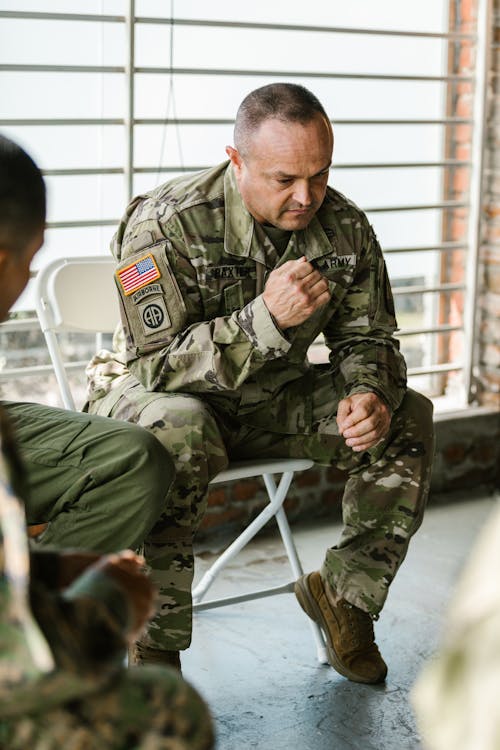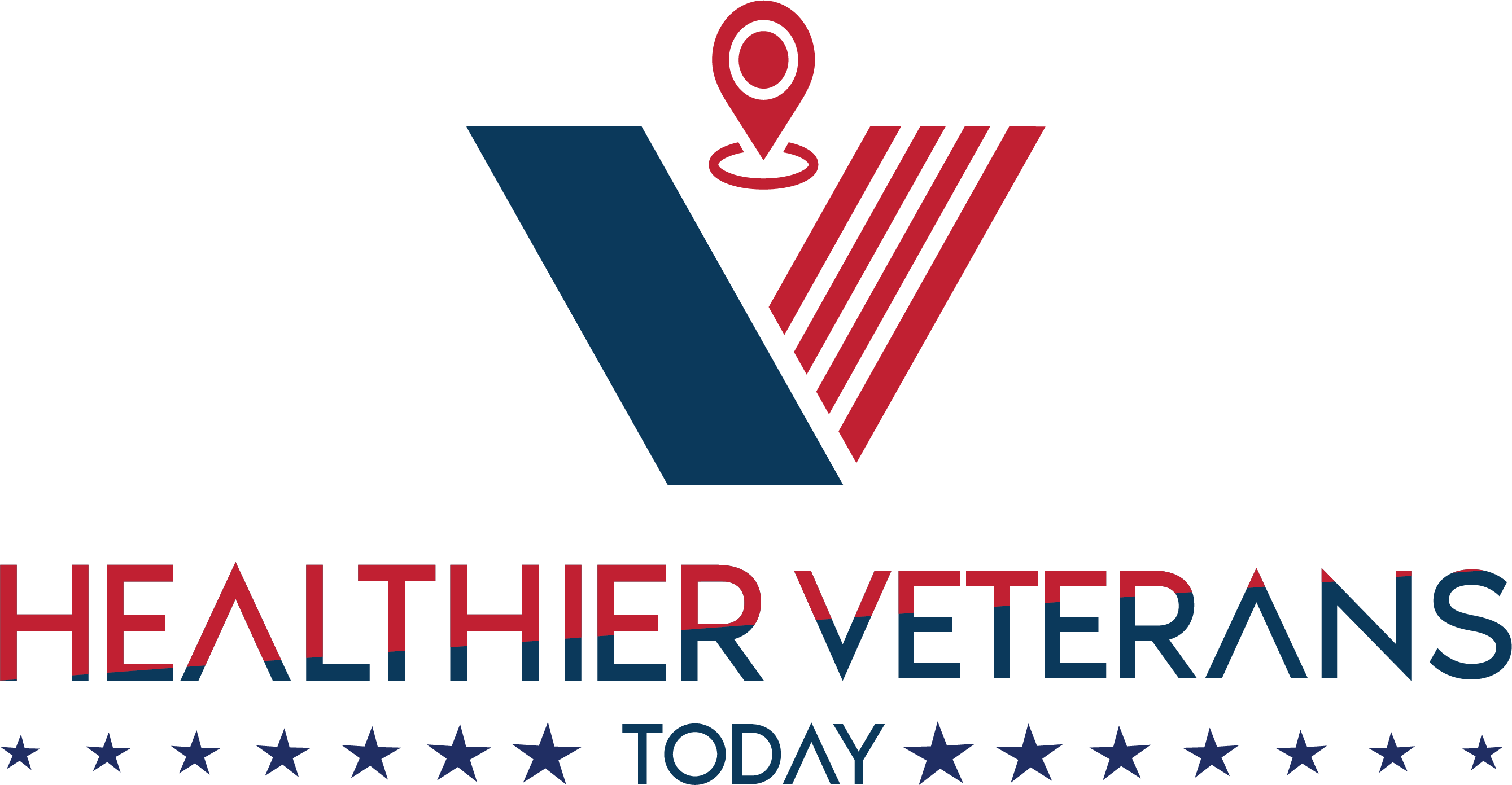The veterans today need access to healthcare. Veterans have been critical to the security and advancement of our country. Many find it challenging to access healthcare benefits after leaving the military. This problem is made worse by a shortage of VA facilities, appointment wait times, or a shortage of healthcare professionals with expertise in treating veterans. According to a study survey conducted by Mission Roll Call in August 2022, 86% of American adults think Congress should give veterans access to timely and high-quality healthcare. If an individual or community cares, they must consider measures that guarantee veterans receive the necessary medical care.
Table of Contents
What Healthcare Benefits Are Available To Veterans?

Veterans registering with the VA often qualify for the basic medical benefits package. This package includes diagnostic, inpatient, and outpatient care services as well as primary, specialty, and preventive care. The basic medical benefits package offers support and treatment for substance addictions, substance addiction problems, military sexual trauma, and post-traumatic stress disorder (PTS), as well as general and specialist mental health treatments. Veterans who meet the eligibility requirements can also get outpatient dental care, including therapeutic, surgical, diagnostic, and preventive procedures. For retired or transitioning veterans, navigating the healthcare system can be challenging despite the wide range of services offered.
Furthermore, while over 9 million veterans today are registered with the VHA to receive services, this still only accounts for around half of the total number of veterans. If we’re talking about mental health services, these figures are concerning. Although more than 9 million veterans are registered with the VA to receive these services, this only accounts for about 50% of the total number of veterans, and since we’re talking about mental health, these are shocking numbers. PTS is common among veterans but less common among civilians. The illness, which comes from exposure to traumatic events, often causes veterans to go through episodes of severe emotional distress, mental strain, as well as a general decline in their quality of life.
Less than half of veterans in need of mental health care receive treatment, according to data from the RAND Center for Military Health Policy Research. Less than one-third of those who do receive appropriate, evidence-based care.
The VA must endeavor to increase veteran access to care and benefits by offering thorough instructions on accessing healthcare services. Legislators must examine the existing discrepancies in veteran care and provide a precise strategy to close these gaps. Initiatives to strengthen mental health support, adjust VA equity in underprivileged regions, shorten wait times for connecting with VA clinicians, and expand community care options should all be part of this.
What Challenges Do Veterans Today Face In Accessing Healthcare?

Veterans commonly face difficulties in getting VA healthcare, learning about benefits or navigating the complex system to receive them, receiving insufficient mental health treatment, having to wait for lengthy periods at VA facilities, and having restricted access to VA clinics in remote regions. The United States Census Bureau projects that there will be 16.5 million ex-service members in the country by 2021.
The Transition Assistance Program
The VA’s Transition Assistance program, also known as TAP for short, provides services to help service members transition back to civilian life after active duty. Many veterans have mentioned that they need more support in finding affordable housing, adjusting to new employment conditions, and receiving mental health and medical treatment.
This has been mentioned numerous times in the Military Family Advisory Network’s 2021 report on family support initiatives. One of the main problems talked about by participants in the survey of 8,638 military and veteran families was access to the VA healthcare system. They mentioned difficulties accessing care and making appointments, unpleasant interactions with healthcare professionals, and horrible treatment. One repeatedly mentioned issue was the scarcity of available VA mental health appointments and general healthcare appointments.
Given that veterans are far more likely than non-veterans to commit suicide, this is particularly concerning. According to the America’s Warrior Partnership’s (AWP) 2022 interim report, between 40 and 44 ex-service members commit suicide or self-harm per day.
It’s crucial to remember that PTS and other mental health issues are just one side of the story; research has also linked these problems to different elements, such as the influence of military culture, moral wounds, and sexual traumas. Still, a lot of traumatized veterans may resort to dangerous coping strategies, such as self-harm, if they don’t receive the proper assistance. For veterans who are experiencing a crisis, adequate mental health support is therefore desperately needed.
Indeed, the Wounded Warrior Project discovered in their 2022 survey of injured soldiers of World War II that:
- 76% said they had had PTS.
- 50% of those with two or more mental health conditions, such as anxiety and depression, reported having moderate to severe symptoms.
- Suicidal thoughts were mentioned by 28% of respondents in the past year.
What Veterans Healthcare Issues Should Congress And The VA Prioritize?

The correct implementation of the Mission Act, successful veteran suicide prevention programs, and enhanced access to healthcare and benefits ought to be the top priorities for the incoming Congress and officials.
To improve holistic healthcare for veterans, the Mission Act requires Congress to ensure the VA complies with the access requirements outlined in the legislation.
In more detail, the VA needs to:
- Extend and boost the availability of community care.
- Upholding community care accessibility criteria ensures that veterans can access high-quality care when the VA cannot do so promptly or within a reasonable travel time.
- Raise awareness of VA benefits and explain them more clearly before service personnel leave the military.
- Adopt a proactive, all-encompassing strategy for veteran mental health care and assistance, including activities that are clearly defined in the area of suicide prevention.
- Cut down on wait times to get VA clinicians and appropriately allocate VA shares to underprivileged regions.
Veterans in suicidal crisis can access free emergency medical care at any VA or private care facility, according to a January announcement from the Biden administration.
The AUTO Act was also ratified, enabling disabled veterans needing adapted automobiles to apply for a VA grant every ten years instead of only once in their lifetime.
How You Can Help Veterans Today
It would help if you directed veterans you know who need help finding the VA healthcare providers and benefits that best suit their needs. You can also send letters or emails to your congressional representatives pleading with them to prioritize veterans’ issues, especially access to healthcare. One important group in American society is the veteran community. Their noble sacrifices and outstanding dedication to our country are still paying off. They, therefore, deserve better mental health support and more efficiency in the healthcare they receive.





